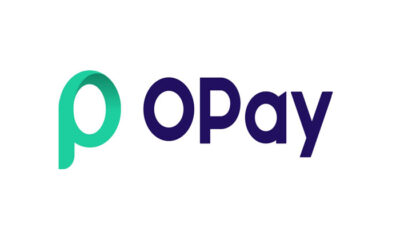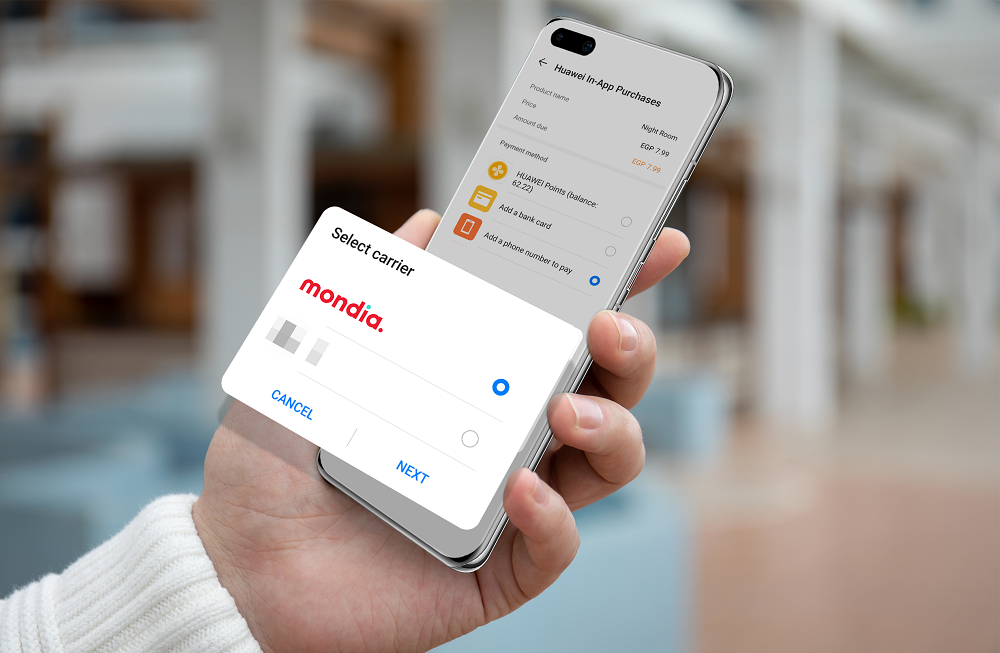Nigeria’s electronic payment landscape is undergoing a significant transformation, fueled by a surge in micro transactions, defined as transfers below N10,000.
This boom underscores the increasing adoption of digital channels in everyday life, according to a recent analysis by BusinessDay.
The prominence of these micro transactions gained momentum following the Central Bank of Nigeria (CBN)’s cashless policy initiative.
The policy, announced in October 2022 by then CBN Governor Godwin Emefiele, included a naira redesign to bolster monetary policy, promote digital alternatives like the eNaira, and enhance the currency’s integrity.
By January 2023, the scarcity of physical naira notes prompted many Nigerians to embrace digital payment channels.
Data from the Nigeria Inter-Bank Settlement System (NIBSS) revealed that cashless transactions rose by 45.41% year-on-year to N39.58 trillion in January 2023.
This upward trend continued throughout the first quarter of 2023, with cashless transactions increasing by 44.84% to N126.73 trillion compared to the same period in 2022.
By the end of 2023, total cashless transactions had surged to over N600 trillion from N395.38 trillion in 2022, as more Nigerians adopted digital payment methods.
The trend persisted into 2024, with transactions growing by 88.09% to N237 trillion in the first quarter.
However, this substantial increase in e-payment transactions has not translated into higher government revenue through the Electronic Money Transfer Levy (EMTL).
In the first quarter of 2024, the government collected N66.35 billion from EMTL, the same amount as in the corresponding period of 2023.
This stagnation is primarily because most transactions were less than N10,000 and thus not subject to the tax.
The EMTL, introduced in the Finance Act 2020 as an amendment to the Stamp Duty Act, is a single, one-off charge on electronic receipts or transfers of money deposited in any bank or financial institution on any account for sums of N10,000 and above.
Despite higher e-payment volumes, the government’s expected increase in revenue has not materialized due to the prevalence of micro transactions.
“Payment methods have become easier, faster, and better, and people are using them for everyday things,” said Adedeji Olowe, founder of Lendsqr. “Everyone from small kiosks to supermarkets now accepts transfers. If I go downstairs where I live, I can buy something worth N1,000 and pay with transfers.”
This shift signifies a maturing payment space where real-time transfers are becoming more acceptable in an economy striving to reduce reliance on physical cash.
Africa had the highest real-time share of electronic payments in 2023 at 40%, with Nigeria leading the region, according to ACI Worldwide.
Experts in the payment space note that most transactions in the country are below N10,000.
“The range below N6,000 makes up about 45% of transfer transactions. Some in the range of N10,000 is around 25%,” an industry source commented.
“The boom in micro transactions began when the cashless policy was implemented. People started moving away from cards and focusing more on transfers as a means of payment,” said Nosa Oyegun, VP of product and innovation at Kuda.
This shift has led to the rise of new fintech companies like PalmPay, Opay, and Moniepoint, with point-of-sale withdrawals increasingly conducted via transfers rather than cards.
The micro transaction growth is also enhancing financial inclusion by drawing more individuals into the digital financial system.
“It is good for them because there is now more access to financial services,” an industry source noted.
While it may not result in higher tax revenue for the government, experts argue that the boom in micro transactions supports the government’s digital inclusion and economic growth plans.
“It is fostering a national policy… I don’t think it is lost revenue for the government because it is like the gold. I don’t think you can tax it,” an industry expert said.
The growth of micro transactions also reflects the general economic downturn, with Nigerians grappling with double-digit inflation.
“People are struggling today due to economic downturn. Incomes have been strained and most people go for things that are affordable, which are usually cheaper than N10,000,” said Ike Ibeabuchi, a macro economy analyst.
The Federal Government has outlined plans to generate N483.73 billion from EMTL over three years in the 2023-2025 Medium Term Expenditure Framework and Fiscal Strategy Paper.
However, the significant increase in micro transactions suggests a shift in Nigeria’s digital payment landscape, highlighting the role of small-scale transfers in driving the e-payment boom.

 Naira4 weeks ago
Naira4 weeks ago
 News3 weeks ago
News3 weeks ago
 Education4 weeks ago
Education4 weeks ago
 Social Media4 weeks ago
Social Media4 weeks ago
 Technology4 weeks ago
Technology4 weeks ago
 Dividends4 weeks ago
Dividends4 weeks ago
 Investment4 weeks ago
Investment4 weeks ago
 Economy4 weeks ago
Economy4 weeks ago



























